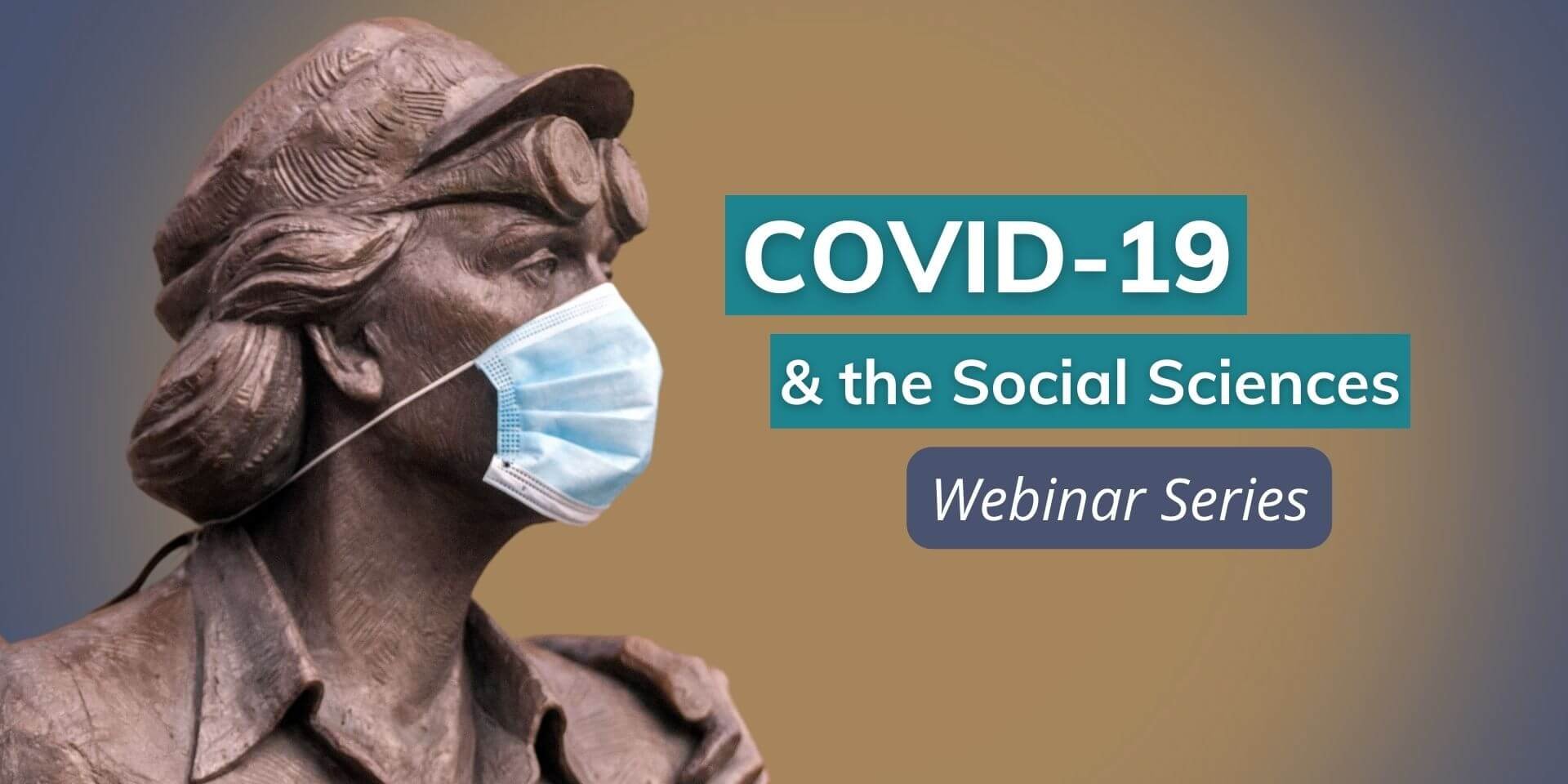
“Social sciences are central to learning processes, they can make our countries better prepared for future pandemics. But social science itself has been changed by engagement with COVID-19. Researchers have had to learn about new issues and how they can play out in different context around the world. We have developed new capacities to cooperate across research specialties and across countries and continents […]. These webinars are a partnership between the International Science Council and the international disciplinary unions that join social scientists from different countries in every field. They have helped identify the right mix of responses. As a result, what you will experience in each of the webinars is a very informed presentation followed by a similarly well informed discussion of the issues from different perspectives.”
Craig Calhoun, Chair for the COVID-19 & the Social Sciences Webinar Series
Indeed, for this special series the ISC partnered with relevant ISC disciplinary members to take stock of the contribution of different social science disciplines to understanding and responding to the COVID-19 pandemic.
The first webinar fostered insightful discussion from leading economic thinkers on today’s global challenges, and would benefit teachers and professors of economic science, or anyone working in the field of economics, think-tanks, intergovernmental agencies and policy-making. It explores the following questions:
Continuing the ISC’s engagement with scholars and contemporary thinkers, this webinar, in partnership with the International Union of Psychological Science, considered how the pandemic is impacting on the psychological sciences. A brilliant keynote by Stephen Reicher explained the notions of ‘fragile rationality’ and ‘collective resilience’, brought forward the notion of a ‘collective identity’, and explored the sense of ‘shared identity’ as a key to understanding 3 aspects of the pandemic. The keynote was followed by a discussion among panelists. The webinar addressed the following questions:
This third webinar, in partnership with the International Sociological Association, saw Deborah Lupton discuss how sociological perspectives and methods can be used to understand the global impacts of the COVID-19 crisis, from the microlevel of people’s experiences of everyday life to the broader socioeconomic and political dimensions. Lupton also considered how sociological research methods have adapted to the constraints of the COVID crisis and the contributions of interdisciplinary explorations in strengthening and expanding the scope and depth of sociological analyses. The webinar addressed two questions:
In this webinar the ISC partners with the International Political Science Association to answer the following question: What has political science contributed to understanding the spread and containment of COVID-19?
Jane Duckett discusses how political scientists have researched the pandemic and what they have discovered so far. She also reflects on what the pandemic tells us about contemporary political science research as well as the limits and future of the discipline.
This webinar was held in partnership with the World Anthropological Union and saw Melissa Leach, Social Anthropologist and Director of the Institute of Development Studies (IDS) at the University of Sussex, address the following two questions:
In partnership with the International Statistical Union, the focus of this episode is on how statistics are analyzed, represented, and understood. The brilliant keynote speaker David Spiegelhalter provides insights into how statistics and particularly the understanding of them play a major role in the context of a public health emergency. The webinar addresses the following two questions:
Our Report – Unprecedented & Unfinished: COVID-19 and Implications for National and Global Policy
The ISC’s flagship policy report presents lessons and recommendations to assist all governments in their responses to the pandemic beyond its initial crises. With hundreds of interdisciplinary experts consulted from around the world, the report seeks to support the shift in thinking that is required to achieve a more comprehensive ‘worldview’ of pandemics and similar emergencies.